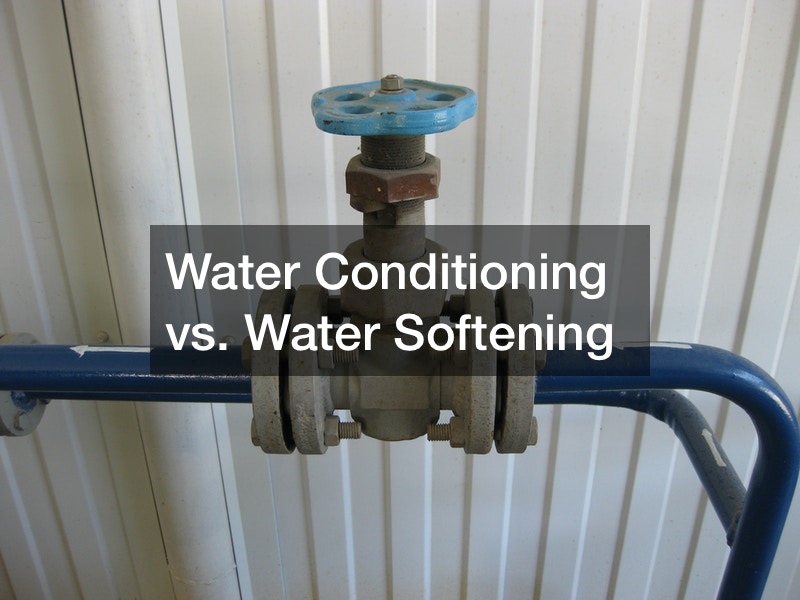
Water Conditioning vs. Water Softening

Water softening and conditioning systems are common terms for house water treatment systems. As such, it’s essential to have a solid awareness of the differences between the two water treatment systems. This video clearly explains the difference between water conditioning and softening.
Water softeners are the most frequent solution to hard water problems both in the home and in the workplace.
Water softening devices use the Ion exchange technique, often known as reverse osmosis, to soften water. At the most basic level, the purpose of an ion exchange system is to swap out the hard water’s naturally occurring mineral salts with sodium salts. In most cases, water conditioners are designed to eliminate undesired elements that change the flavor or odor of water. These elements include chlorine and organic gases. They can also remove lead from water.
Many water treatment systems include both types of filters. They are designed to improve the taste and appearance of drinking water, although they do so differently. Understanding how water softeners and conditioners work and remove various impurities is critical when deciding between the two.
